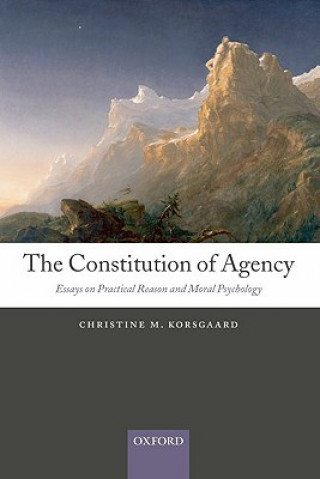
Kód: 04532884
Constitution of Agency
Autor Christine M. Korsgaard
Christine M. Korsgaard is one of today's leading moral philosophers: this volume collects ten influential papers by her on practical reason and moral psychology. Korsgaard draws on the work of important figures in the history of p ... celý popis
- Jazyk:
 Angličtina
Angličtina - Vazba: Brožovaná
- Počet stran: 356
Nakladatelství: Oxford University Press, 2008
- Více informací o knize

Mohlo by se vám také líbit
-
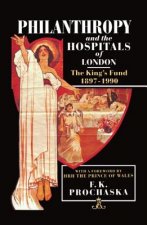
Philanthropy and the Hospitals of London
2181 Kč -
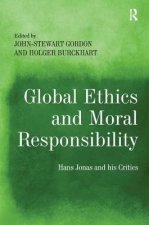
Global Ethics and Moral Responsibility
5256 Kč -

Daughter of Siena
312 Kč -

Moral Landscape
323 Kč -
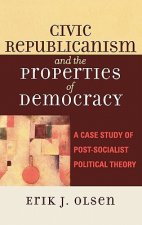
Civic Republicanism and the Properties of Democracy
4732 Kč -

Building States without Society
1767 Kč -
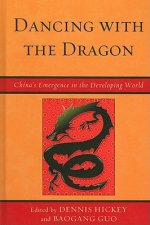
Dancing with the Dragon
3903 Kč
Darujte tuto knihu ještě dnes
- Objednejte knihu a zvolte Zaslat jako dárek.
- Obratem obdržíte darovací poukaz na knihu, který můžete ihned předat obdarovanému.
- Knihu zašleme na adresu obdarovaného, o nic se nestaráte.
Více informací o knize Constitution of Agency
Nákupem získáte 164 bodů
 Anotace knihy
Anotace knihy
Christine M. Korsgaard is one of today's leading moral philosophers: this volume collects ten influential papers by her on practical reason and moral psychology. Korsgaard draws on the work of important figures in the history of philosophy such as Plato, Aristotle, Kant, and Hume, showing how their ideas can inform the solution of contemporary and traditional philosophical problems, such as the foundations of morality and practical reason, the nature of agency, and the role of the emotions in action. In Part 1, The Principles of Practical Reason , Korsgaard defends the view that the principles of practical reason are constitutive principles of action. By governing our actions in accordance with Kant's categorical imperative and the principle of instrumental reason, she argues, we take control of our own movements and so render ourselves active, self-determining beings.She criticizes rival attempts to give a normative foundation to the principles of practical reason, challenges the claims of the principle of maximizing one's own interests to be a rational principle, and argues for some deep continuities between Plato's account of the connection between justice and agency and Kant's account of the connection between autonomy and agency. In Part II, Moral Virtue and Moral Psychology , Korsgaard takes up the question of the role of our more passive or receptive faculties - our emotions and responses - in constituting our agency. She sketches a reading of the Nicomachean Ethics , based on the idea that our emotions can serve as perceptions of good and evil, and argues that this view of the emotions is at the root of the apparent differences between Aristotle and Kant's accounts of morality. She argues that in fact, Aristotle and Kant share a distinctive view about the locus of moral value and the nature of human choice that, among other things, gives them account of what it means to act rationally that is superior to other accounts.In Part III, Other Reflections , Korsgaard takes up question how we come to view one another as moral agents in Hume's philosophy. She examines the possible clash between the agency of the state and that of the individual that led to Kant's paradoxical views about revolution. And finally, she discusses her methodology in an account of what it means to be a constructivist moral philosopher. The essays are united by an introduction in which Korsgaard explains their connections to each other and to her current work.
 Parametry knihy
Parametry knihy
Zařazení knihy Knihy v angličtině Humanities Philosophy Ethics & moral philosophy
1639 Kč
- Plný název: Constitution of Agency
- Podnázev: Essays on Practical Reason and Moral Psychology
- Autor: Christine M. Korsgaard
- Jazyk:
 Angličtina
Angličtina - Vazba: Brožovaná
- Počet stran: 356
- EAN: 9780199552740
- ISBN: 0199552746
- ID: 04532884
- Nakladatelství: Oxford University Press
- Hmotnost: 552 g
- Rozměry: 234 × 154 × 20 mm
- Datum vydání: 23. October 2008
Oblíbené z jiného soudku
-
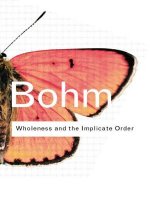
Wholeness and the Implicate Order
584 Kč -
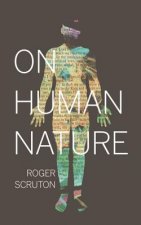
On Human Nature
359 Kč -
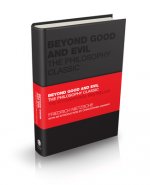
Beyond Good and Evil
330 Kč -
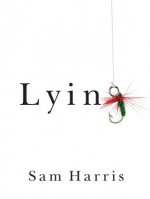
Lying
356 Kč -

Beyond Good and Evil
223 Kč -
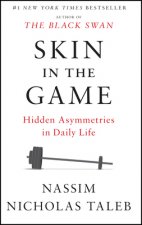
Skin in the Game
323 Kč -
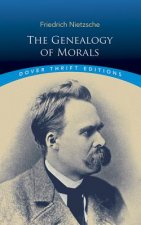
The Genealogy of Morals
170 Kč -

On Bullshit
243 Kč -

After Virtue
688 Kč -

Doing Good Better
323 Kč -
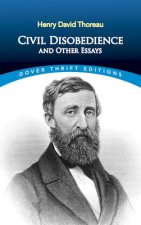
Civil Disobedience and Other Essays
90 Kč -
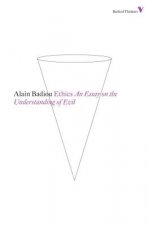
Ethics
366 Kč -
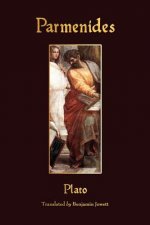
Parmenides
266 Kč -
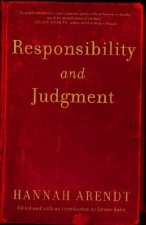
Responsibility and Judgment
414 Kč -
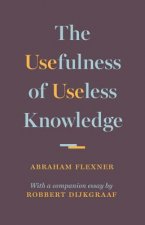
Usefulness of Useless Knowledge
252 Kč -
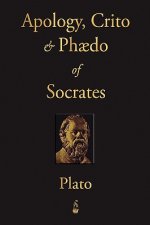
Apology, Crito and Phaedo of Socrates
265 Kč -

Matters of Care
871 Kč -
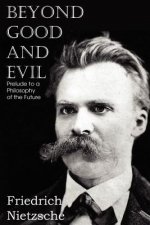
Beyond Good and Evil
375 Kč -

On Friendship
691 Kč -
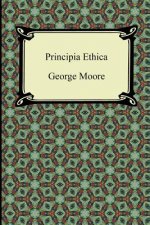
Principia Ethica
284 Kč -
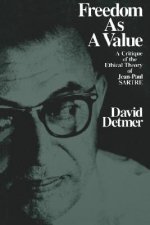
Freedom as a Value
773 Kč -

Integrity
593 Kč -
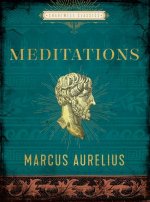
Meditations
252 Kč -
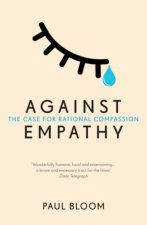
Against Empathy
323 Kč -
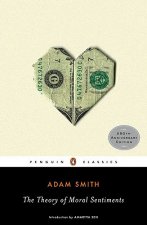
Theory of Moral Sentiments
393 Kč -
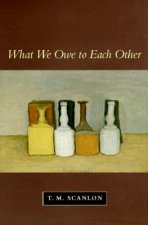
What We Owe to Each Other
840 Kč -
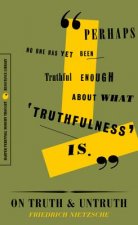
On Truth and Untruth
250 Kč -

Better Never to Have Been
1056 Kč -
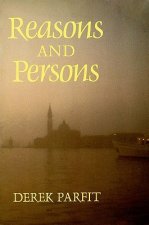
Reasons and Persons
821 Kč -
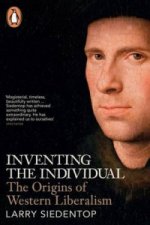
Inventing the Individual
303 Kč -

Beyond Freedom and Dignity
575 Kč -
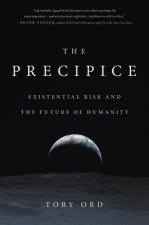
Precipice
617 Kč -
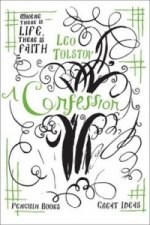
A Confession
196 Kč -

What Money Can't Buy
291 Kč -
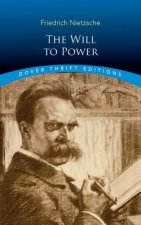
Will to Power
276 Kč -
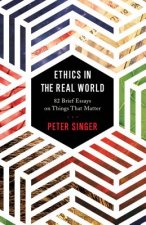
Ethics in the Real World
501 Kč -

Justice
365 Kč -
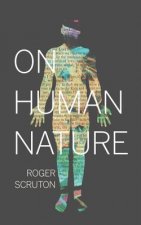
On Human Nature
716 Kč -
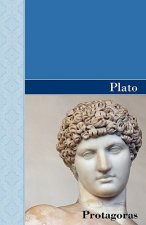
Protagoras
718 Kč -

Oxford Handbook of Business Ethics
1990 Kč -

Human Life, Action and Ethics
605 Kč -

Getting Back into Place, Second Edition
861 Kč -
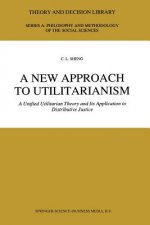
New Approach to Utilitarianism
1681 Kč -

Evidential Argument from Evil
810 Kč -

Oxford Studies in Metaethics 11
1425 Kč -
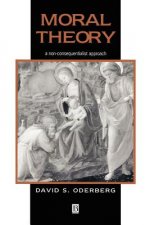
Moral Theory - A Non-Consequentialist Approach
1893 Kč -

Why It's OK to Want to Be Rich
708 Kč -

Radical Sacrifice
370 Kč -
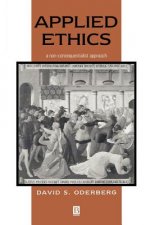
Applied Ethics
1893 Kč
Osobní odběr Praha, Brno a 12903 dalších
Copyright ©2008-24 nejlevnejsi-knihy.cz Všechna práva vyhrazenaSoukromíCookies



 Vrácení do měsíce
Vrácení do měsíce 571 999 099 (8-15.30h)
571 999 099 (8-15.30h)